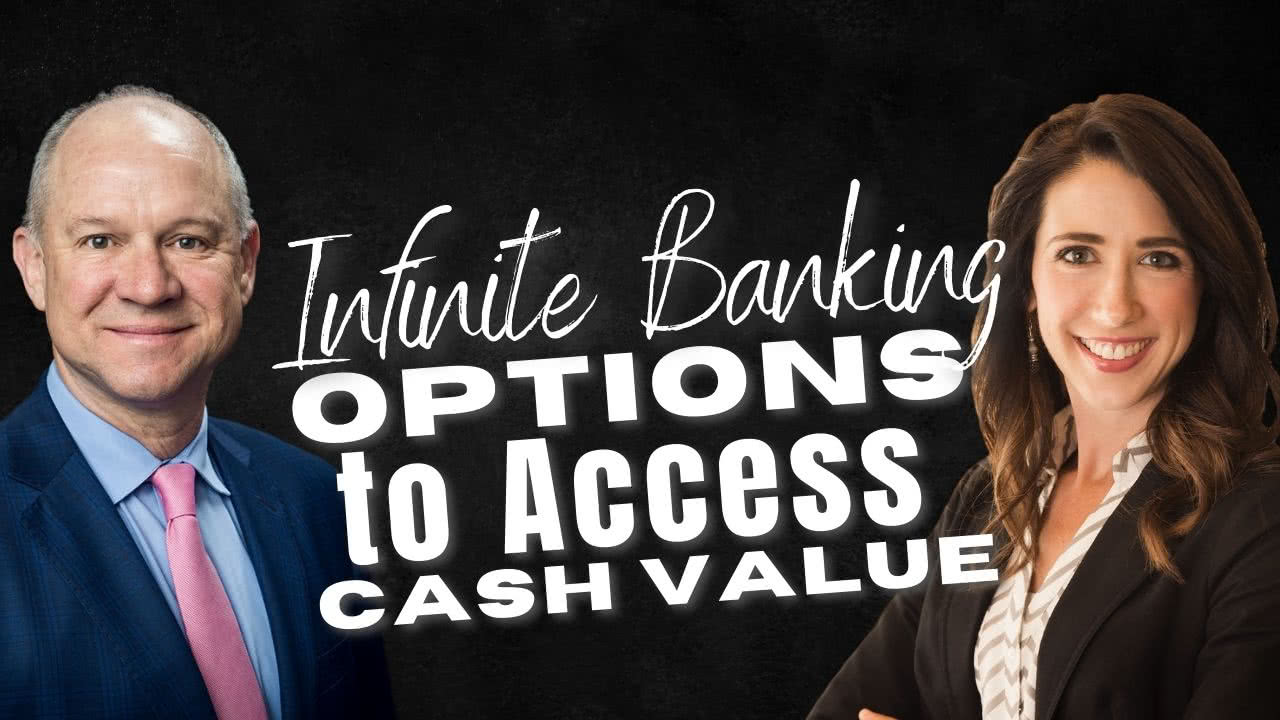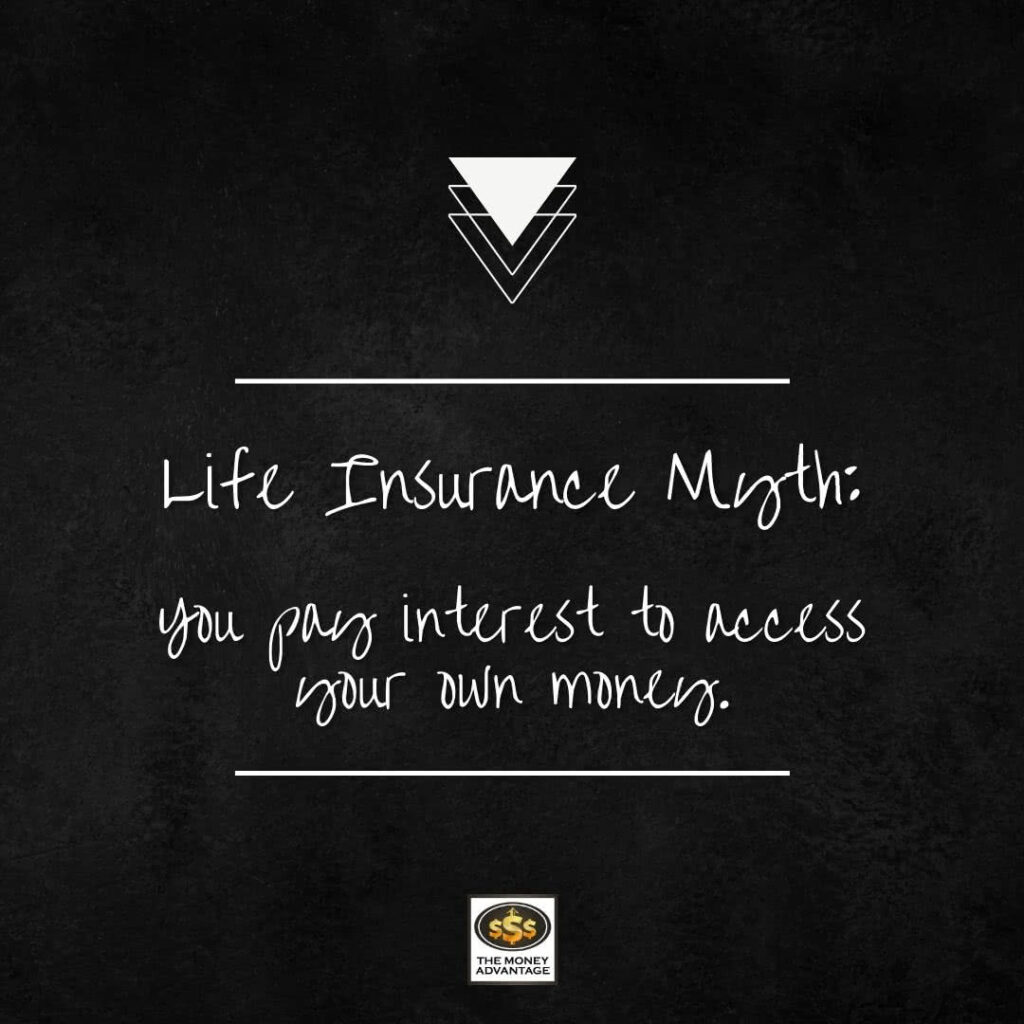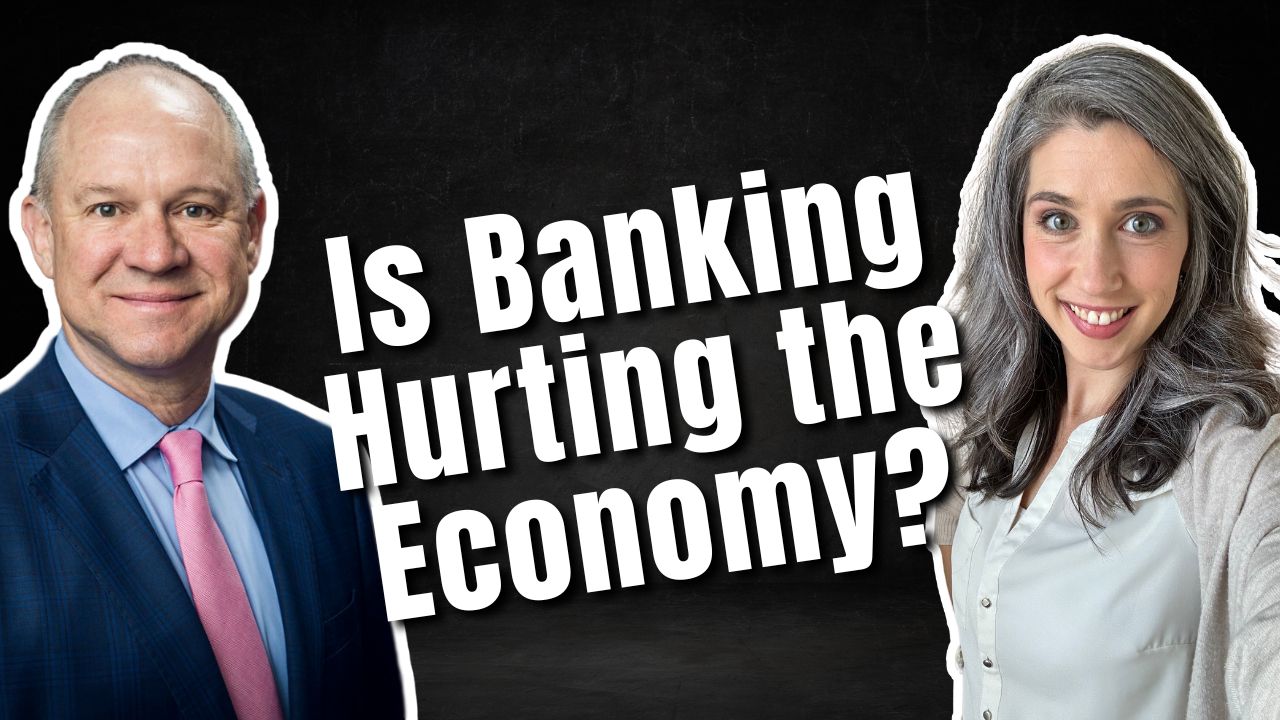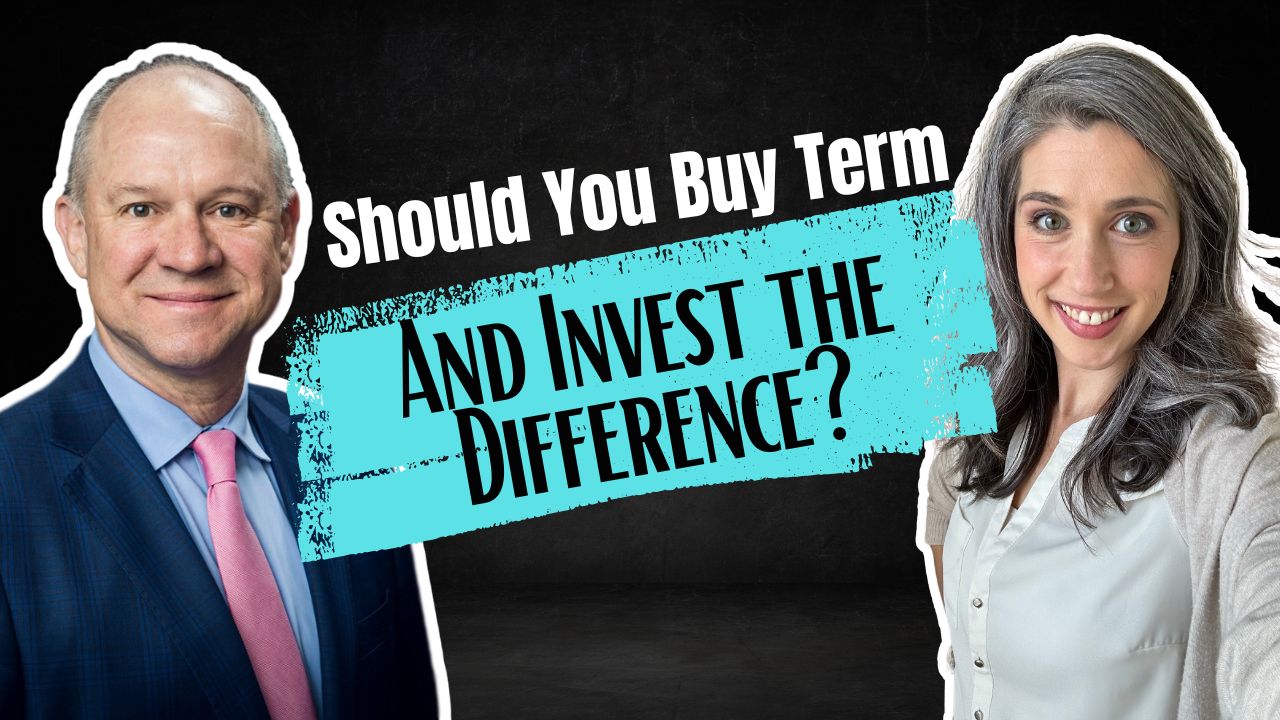
Infinite Banking Options to Access Your Cash Value
If you’re using Infinite Banking with a life insurance policy, you have multiple options to access your cash value. But which one is the best? Should you always use policy loans? What if you can get a lower interest rate by borrowing against your cash value with a third-party loan?
Let’s discuss all of your options for accessing capital. This includes policy loans, withdrawals, cash value loans from a third party, and even capital from separate sources.
If you want to find out the reasons you might use each, the pros and cons, why interest rates are NOT the best way to make your decision, and the #1 most important thing you need to make sure you’re in the position of maximum control … tune in now!
Podcast: Play in new window | Download (Duration: 30:36 — 35.0MB)
Subscribe: Apple Podcasts | Spotify | Android | Pandora | RSS | More
Table of contents
Why Pay a Finance Charge?
One of the major objections to the Infinite Banking Concept is, essentially: Why should I pay to access my own money? Generally, with an IBC strategy, the way to access your capital is by leveraging it via a policy loan. This means that you offer your cash value as collateral for a loan from the insurance company. Because it’s a loan, you pay interest on that loan.
This isn’t an unreasonable question. In fact, it’s a good question to ask of any financing method you use. The right solution will depend on how much capital you need, how much you have, what you want to do, and more.
But in general, accessing your cash value through a loan is a good option because you have control. Some of the benefits of a policy loan include:
- The flexibility to use that money on anything you want.
- Tax-free use of your money (* as long as the policy stays in force and does not become a Modified Endowment Contract).
- Full compounding interest on your cash value because you aren’t withdrawing.
- Control over when and how you pay the loan back.
- No application process. This means you can leverage a policy loan in ways you might not do with a bank loan.
- No credit check, and no impact on your credit report when you take a policy loan.
How Does a Policy Loan Work?
If you want to access your cash value without a withdrawal, you can get a loan from the insurance company’s general fund. The company then puts a lien against the policy value, or the amount that you want to borrow against your policy. When you pay back the loan, you’re paying interest to the company. As you pay back the loan, the lien against your policy is reduced, which frees up your cash value to be used again, if you so wish.
When you take a loan, the company only collateralizes your policy for the amount of that loan. So if you have $200,000 of cash value and you just want a $10,000 loan, the company only uses $10,000 as collateral. This means that if you take that $10k and a few months later have a $100k opportunity, you still have that available to take another loan.
What is a Withdrawal from Your Cash Value?
Instead of taking a loan from the insurance company, you can actually remove money straight from the policy values. If you withdraw less than your cost basis (the equivalent of what you’ve paid in premiums), you can access the money tax-free. However, when you take out more than what you’ve paid into the policy, you cause a taxable event. The IRS sees this as growth on the policy, and is, therefore, taxable income when you take it “no strings attached.” Unlike loans, withdrawals cannot be paid back and thus permanently reduce your policy values.
How is the Interest on a Policy Loan Calculated?
If you’re wanting access to capital and thinking about a loan, you’re likely to compare interest rates between lenders and companies. Insurance companies often have competitive rates, at least compared with 3rd party lenders and banks. (However, in some cases, bank and 3rd party interest rates have been lower than policy rates.)

Generally, insurance companies calculate their interest rates based on Moody’s Bond Index, which is a series of bonds that they look at. These bonds help determine what general borrowing costs are. The board of governors then use this information to determine a competitive rate. Insurance companies use the MBI to set a rate once a year.
Right now, in 2022 for example, the bond rate is about 5% and insurance companies are capping their rates at about 8% depending on certain factors (such as whether they offer variable rates, etc).
Are Interest-Only Payments Better?
One reason 3rd-party loans against an IBC policy are attractive is because people believe they can make interest-only payments. When people hear this, they believe that they don’t have to make large payments, and can save money in the long run. However, the problem with interest-only payments is that you’re not freeing up your cash value when you only pay interest.
If you take a policy loan directly through the insurance company, any payments you make are on the principal. This means as you pay down your loan you free up your money to use again. The benefit here is as we mentioned earlier: you’re freeing your money up for future opportunities and/or emergencies.
The Benefit of Unstructured Payments
One of the many things that sets life insurance policy loans apart from banks and 3rd party lenders is that you have unstructured payments. This gives you the flexibility and control to pay back when and how you choose. This means if you want to pay every other month, you can. If you want to shoot for paying your loan in 5 years or 20 years, you can. You have limitless options to access your cash value, so long as you make some payments to free up your cash value for future use.
A common example of how this may work is if you use a policy loan to fund a real estate purchase. Say you buy a single-family home with the intention of flipping it for a lump sum. You could do this, and pay the loan back in full after you complete the sale. However, you may also change your mind and decide to rent out the home, and use the rent money to pay back the loan in installments. Either option can work great and is totally up to you.
Book A Strategy Call
Do you want to coordinate your finances so that everything works together to improve your life today, accelerate time and money freedom, and leave the greatest legacy? We can help! Book an Introductory Call with our team today at https://themoneyadvantage.com/calendar/ and find out how Privatized Banking, alternative investments, or cash flow strategies can help you accomplish your goals better and faster. That being said, if you want to find out more about how Privatized Banking gives you the most safety, liquidity, and growth… plus boosts your investment returns, and guarantees a legacy, go to https://privatizedbankingsecrets.com/freeguide to learn more.
Fractional Reserve Banking Creates Inflation: Infinite Banking is the Solution
Inflation causes everything to feel more expensive, so what do you do to protect your money from inflation? Today, we’ll explore the link between inflation and fractional reserve banking, and how Infinite Banking is the sound money solution. A thought-provoking journey through inflation, fractional reserve banking, and the revolutionary concept of infinite banking. This episode…
Read MoreBuy Term and Invest the Difference: Here’s What’s Wrong
Are you trying to decide which type of life insurance to buy? You want to protect your family in case something happens, so how do you do it best? Whole life insurance is often rejected as expensive and a poor “investment,” while mainstream opinion leans in favor of the “buy term and invest the difference”…
Read More


